Costa Rica seized 71.2 tons of drugs in 2020, a twofold increase in two years and a new record for the country, which has emerged as a major initial transshipment country for South American drugs en route to the United States. The year 2021 shows no signs of letting up, [ … ]
Special Report
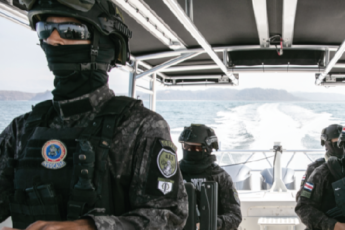
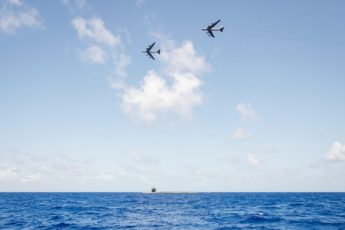
Bahamas Storm
Ballistic missile submarines and long-range bombers are two of the three legs of the nuclear triad maintained by the United States. Together with land-based intercontinental missiles, the three legs are linked by Nuclear Command, Control, and Communications (NC3) networking capabilities. On August 18, U.S. strategic forces conducted a GLOBAL STORM [ … ]
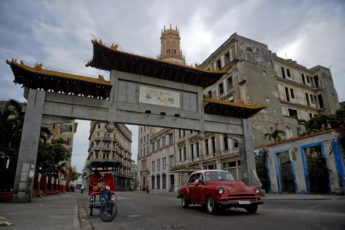
How China Helps the Cuban Regime Stay Afloat and Shut Down Protests
On July 11, thousands of people across Cuba took to the streets, fed up with the lack of food, basic products, medicine, and vaccines to combat COVID-19. They were the first large-scale demonstrations in Cuba since 1994, and the largest since Fidel Castro took power in 1959. Protesters used social [ … ]
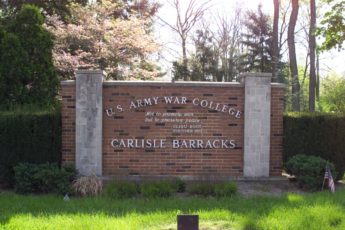
US Army War College — Lasting Bonds of Friendship, Understanding, and Cooperation
In the uncertain times of the 21st century, the role of diplomacy, multilateral cooperation, international organizations, and coalitions of allies and partners is more important than ever before. Today, the challenges facing most nations are less about state-on-state military conflict and more about asymmetric threats from terrorist or criminal groups, [ … ]
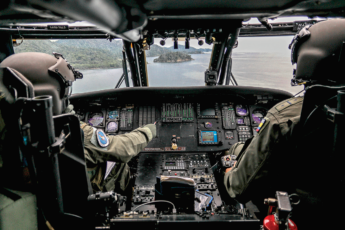
Strategic Intelligence in Colombia as a Power Maximizer to Combat Transnational Crime
Since the Constitution of 1991, Colombia has become a social state under the rule of law; that is, the state must ensure the integrity of citizens, and therefore, the country’s sovereignty rests with the people. It is a state with a democratic political system that has developed successfully in recent [ … ]
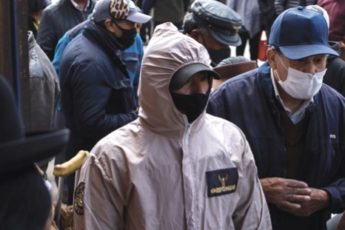
Strong Institutions Are the Antidote to Disinformation
It is commonly understood that the internet age has meant a significant shift in how citizens get their information, and that the social media era has generated more opportunity for disinformation and misinformation to flourish. While this may be true, it overlooks that the same opportunity bad actors exploit is [ … ]
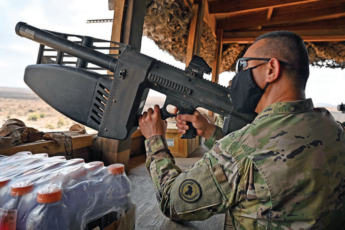
The Dangers of Potential Russian Counter-UAV Technology Exports to Latin America
The unmanned aerial vehicle (UAV) technology has proliferated globally, resulting in myriad uses, both military and civilian. With the steady rise in non-military uses comes the potential and dangers of this technology’s misuse. Presently, the Latin America (LATAM) region is home to major energy and extractive industries infrastructure, port, and [ … ]

Iran and Venezuela: A Strategic Partnership
Colombian President Iván Duque raised eyebrows in August 2020 when claiming that the regime of Venezuela’s Nicolás Maduro was seeking to acquire medium-to-long-range missiles from the Islamic Republic of Iran. The claim came within the context of increased Tehran-Caracas commercial cooperation in 2020, sending upward of 2.35 million barrels of [ … ]
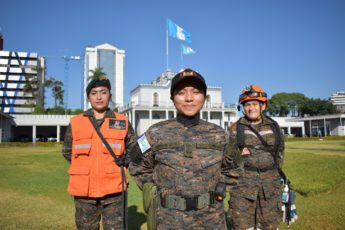
Intrepid Women Support Post-Disaster Relief Efforts in Central America
“The women who make up the Guatemalan Army are, like the rest of the members of this institution, soldiers in the service of their country, who serve without distinctions, other than those earned by their meritorious acts. Many of them, with their service, have strengthened the institutional response to the [ … ]

China’s Global Predatory Fishing Plunders World’s Oceans
More than 100 miles from shore, near the coast of West Africa, I accompanied marine police officers from Gambia as they arrested 15 foreign ships for labor violations and illegal fishing over the course of a week in 2019. All but one of the vessels arrested were from China. At [ … ]
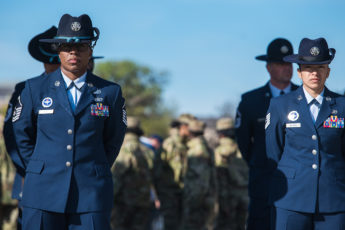
Women, Peace, and Security Program Builds International Capabilities
No nation can afford to ignore half its population. That’s the premise of the United Nations Security Council resolution 1325 on the Women, Peace, and Security program. It is good to remember this on International Women’s Day. In 2017, U.S. Congress passed the Women, Peace, and Security Act that called [ … ]
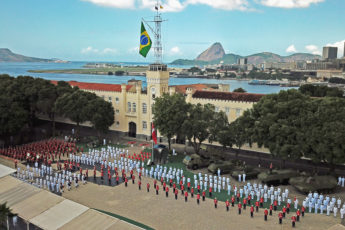
Brazilian Marines Celebrate 213th Anniversary with the Challenge of Reinventing Themselves
ADSUMUS is a Latin word meaning “here we are.” Responding with ADSUMUS means that one is ready and present to answer a call or an order at any time. As such, members of the Brazilian Marine Corps (CFN, in Portuguese), which celebrates its 213th anniversary on March 7, use the [ … ]






